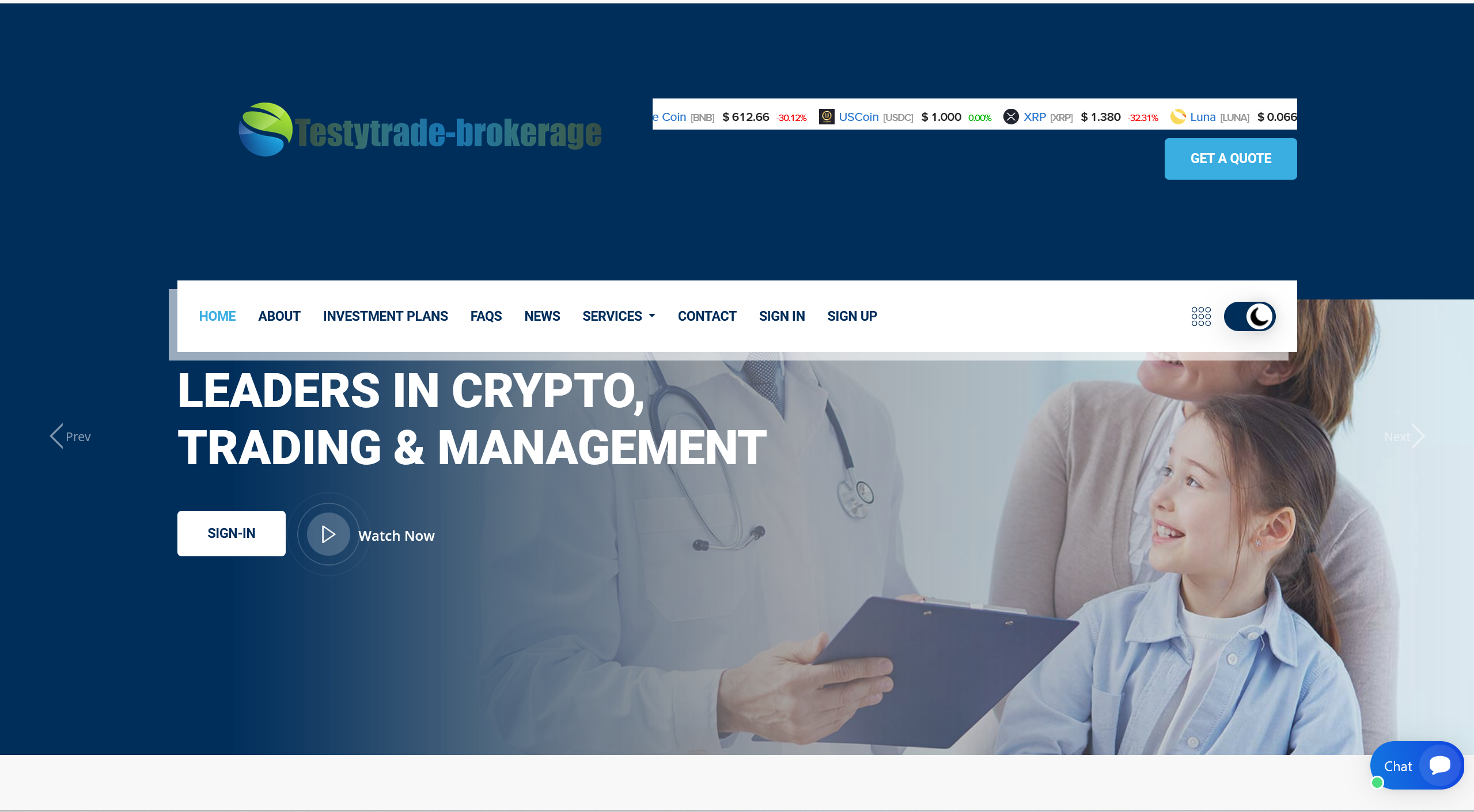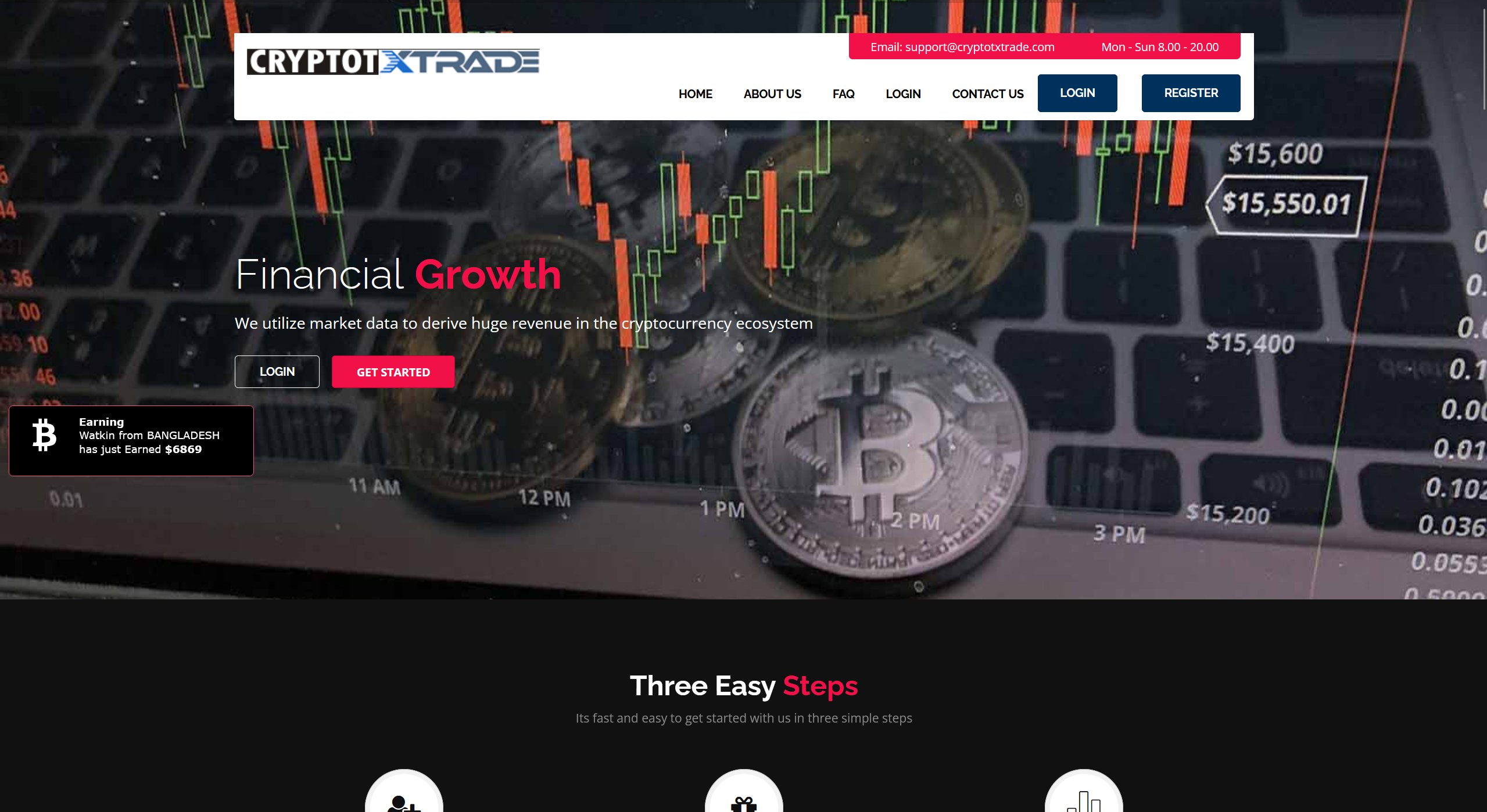1. FCA Warning: Operating Without Authorization
Just days ago, the UK’s Financial Conduct Authority (FCA) placed Stockbrook Capital on its warning list, stating it “may be providing or promoting financial services or products without our permission.”
That warning is not trivial. It signals that Stockbrook Capital is not authorised or registered to lawfully offer financial services in the UK. By dealing with such a firm, you give up critical protections that regulated companies must provide.

2. No Access to Ombudsman or Compensation
Because it lacks FCA authorization, any client of Stockbrook Capital would be excluded from the Financial Ombudsman Service and Financial Services Compensation Scheme (FSCS). The FCA’s warning explicitly states that if things go wrong, “you won’t have access to” those protections.
In other words: deposit at your own risk. There is no safety net if the firm fails or acts in bad faith.
3. Multiple Addresses & Suspect Contact Information
The FCA’s warning lists several addresses associated with Stockbrook Capital:
- 6–7 Waterside, Station Road, Harpenden, UK
- Devonshire House, London, UK
- Bank House, Cirencester, UK
The fact that a single firm provides multiple, sometimes disparate addresses is suspicious. It raises questions: which location is real? Which is just a mailbox used for façade? Moreover, the FCA alerts that firms may use incorrect or misleading contact details (addresses, emails, phone numbers) to appear legitimate.
4. Risk Acknowledgment Doesn’t Equal Trust
On its website, the “Risk Awareness” page states that users should not invest unless prepared to lose all their money. That admission is unusual for established, regulated financial firms—it often shows up in speculative schemes to preempt liability.
A genuine regulated company may also warn of risk, but it would not offset that by claiming regulatory oversight or consumer protections it does not hold. Acknowledging risk is not a substitute for compliance and accountability.
5. “Professional Investors Only” – Gatekeeping to Obscure Context
Stockbrook’s disclaimer explicitly permits usage only by professional, sophisticated, or high-net-worth investors, forbidding marketing to retail investors.
While that might seem like a legal shield, it is also a tactic used by questionable entities to avoid regulatory scrutiny. It restricts oversight because many consumer-friendly protections apply to retail investors. If your status doesn’t qualify, you’re shut out.
6. Regulation & Authorization Claims Are Vague
In its legal disclaimers, Stockbrook Capital claims a “global multi-asset introducing broker (IB)” model in partnership with companies “fully authorised and regulated by the FCA” to offer investor access. However, it carefully distances itself from being directly regulated.
Such language“in partnership with”, “introducing”, “suitable investors only”often serves to obscure non-authorization. A regulated firm would present its own licenses clearly, not hide behind affiliate formulations.
7. Red Flags Aligned with Known Scam Patterns
Stockbrook Capital’s situation aligns with many known warning patterns:
- Unauthorised operation (per FCA warning)
- Opaque ownership / multiple addresses
- Selective audience (professional only)
- Disclaimers that distance liability
- Risk statements that offset responsibility
Regulators often warn that when a firm checks off multiple red flags, the probability that it is operating fraudulently increases significantly.
8. User Risk: Withdrawal Barriers, Unaccountability, and Loss
If you deposit money with Stockbrook Capital, here’s what you risk:
- Blocked withdrawals with vague explanations
- Hidden fees or conditions imposed later
- Lack of accountability, since no regulator holds it to binding standards
- Difficulty in tracing the operators due to hidden or changing contact data
Because it is unregulated (in the UK), even if you suspect fraud, there is no formal enforcement body you can appeal to. You may be left alone with losses.
Conclusion
The inclusion of Stockbrook Capital on the FCA’s warning list is a serious signal that prudent investors should take extremely seriously. The regulator did not issue that warning lightly—it implies concern about the firm’s legitimacy and its risk to the public
Operating without authorization means you lose one of the most essential pillars of consumer protection in finance: oversight. No ombudsman will hear your complaint; no compensation scheme will step in if the firm vanishes. That is a fundamental forfeiture of security.
The company’s use of multiple addresses, along with the FCA’s statement that contact details may be incorrect or misleading, suggests a deliberate effort to confuse or mislead potential clients. A genuine financial entity maintains consistent, verifiable contact, ownership, and address details—particularly when dealing with significant investment sums.
The disclaimers on Stockbrook’s own site admit risk and restrict participation to professional investors. These elements can be legitimate in certain contexts, but here they raise questions: why the need to exclude most people? Why hedge by saying you must be professional only if the business is truly aboveboard?
Their phrasing about being an “introducing broker” in partnership with authorized firms is another red flag: it hints at attempting to distance key operational risk while benefiting from implied regulatory association. Transparency about who is regulated and who holds actual accountability should be non-negotiable—not vague.
Because Stockbrook exhibits several well-known risk markers unauthorized status, ambiguous addresses, restricted audience, and liability disclaimer it bears scrutiny. When multiple suspicious signals cluster around a platform, it becomes far safer to assume the worst than risk exposure.
If you’re ever being pitched an opportunity through Stockbrook Capital, or any platform with similar traits, follow this defensive checklist:
- Pause before investing until you verify licensing in your jurisdiction.
- Check FCA’s register to see if the firm or its principals appear.
- Look up direct ownershipname, company registration number, and consistent addresses.
- Test with a small withdrawal if you’re already a client.
- Collect documentation—screenshots, conversations, contracts.
- Report suspicious activity to your financial authority or consumer protection agency.
- Spread awareness by sharing experiences in forums, review sites, or local networks.
In the digital investment age, polished branding and professional claims can mask underlying risk. Your strongest defense is skepticism backed by verification. No flashy promise, website, or disclaimer can replace real regulation and accountability. Unless Stockbrook Capital can conclusively prove its regulatory authorization, identity, consistency, and service integrity, the safer stance is to walk away.
Your awareness is your cornerstone. Don’t allow a warning list entry to be the only red flag you act on let it be your cue to fully investigate and avoid platforms that can’t transparently verify their legitimacy.





